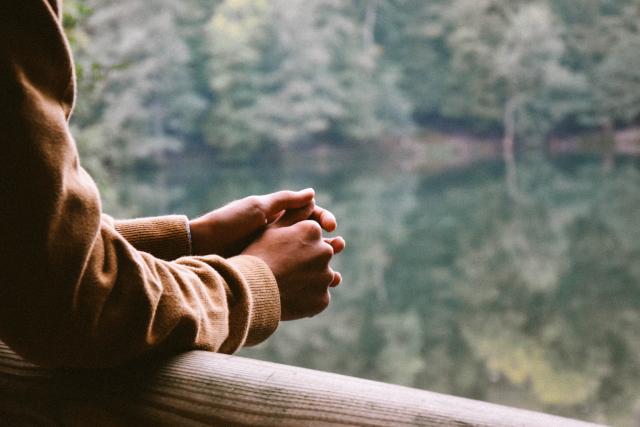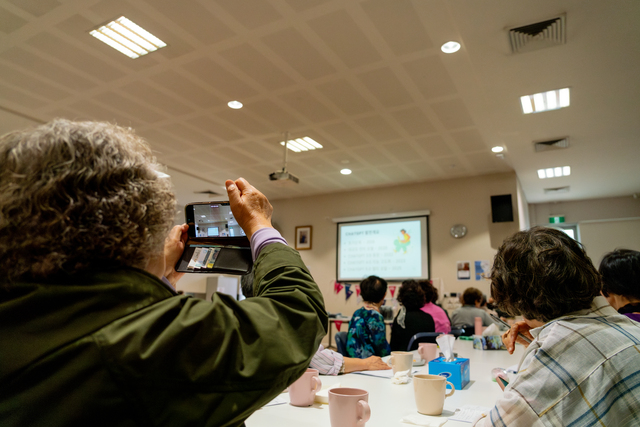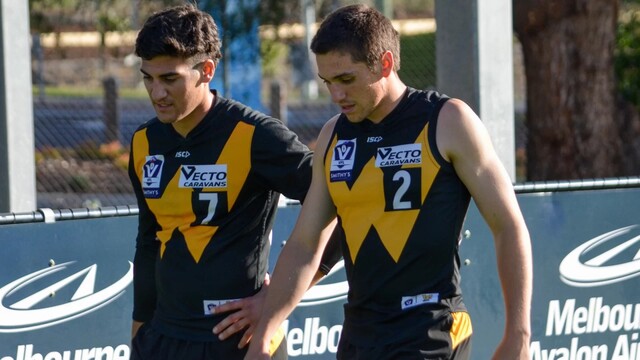Beyond Blue is encouraging governments to invest in prevention and early intervention, as well as suicide crisis support, following the release of the latest Australian Bureau of Statistics suicide data .
The ABS preliminary 2021 Causes of Death data shows there were 3144 deaths by suicide in Australia in 2021, up from 3139 in 2020 and down from 3358 in 2019.
About nine people in Australia take their life each day.
Beyond Blue chief executive Georgie Harman said while it was vital to provide appropriate support for people in suicidal crisis, it was just as important to intervene early in a way that prevents people from reaching crisis point.
“Today’s statistics clearly show family disruption, relationship issues and employment problems due to COVID-19 have been risk factors for suicide,” Ms Harman said.
“In addition to supporting people who have attempted suicide with initiatives such as universal aftercare, it’s vital governments, the community and the sector continue to work together to address these social determinants, which we know have a profound impact on our mental health and suicidal behaviour.”
Ms Harman said Beyond Blue remained deeply concerned about the continuing disproportionate representation of First Nations people in the statistics, which is twice the rate of the general population.
“We need to keep working to close the gap and support First Nation people’s social and emotional wellbeing, which is why Beyond Blue is committed to the full implementation of the Uluru Statement from the Heart,” she said.
The ABS identified mood disorders (37.5 per cent), suicidal ideation (24.6 per cent), spousal relationship problems (24 per cent), acute alcohol use (20.6 per cent) and self-harm history (20.5 per cent) as the top risk factors for suicide, noting in 90 per cent of cases there were multiple risk factors present for each death.
“Australians have been through myriad adverse events through the past few years, and we know that with a changing climate, we can only anticipate more,” Ms Harman said.
“This is why it’s vital we maintain vigilance and commit to ongoing investment in suicide prevention and early intervention.”
Ms Harman said it was heartening to see universal aftercare being adopted around the country, but that we must maintain focus on what we need to do next.
“We need to start with better data collection, so we better understand the needs of priority populations, such as LGBTIQ+ people and multicultural communities,” she said.
“We need to create safe spaces and alternatives to emergency departments.”
For assistance contact the Mental Health Foundation Australia helpline on 1300 643 287 (1300 MHF AUS), Lifeline on 13 11 14 or www.lifeline.org.au or Headspace on 1800 650 890 or www.headspace.org.au.







